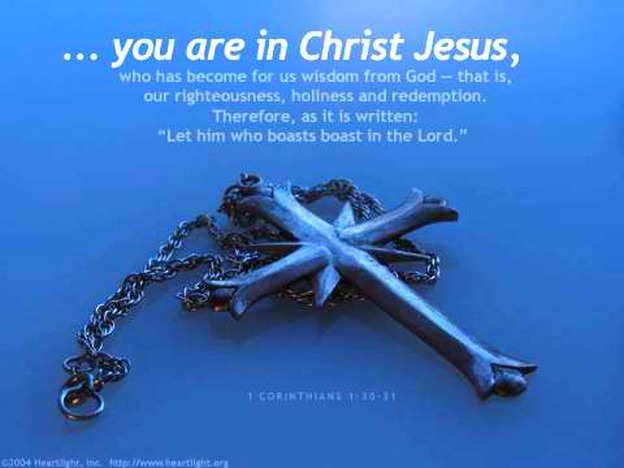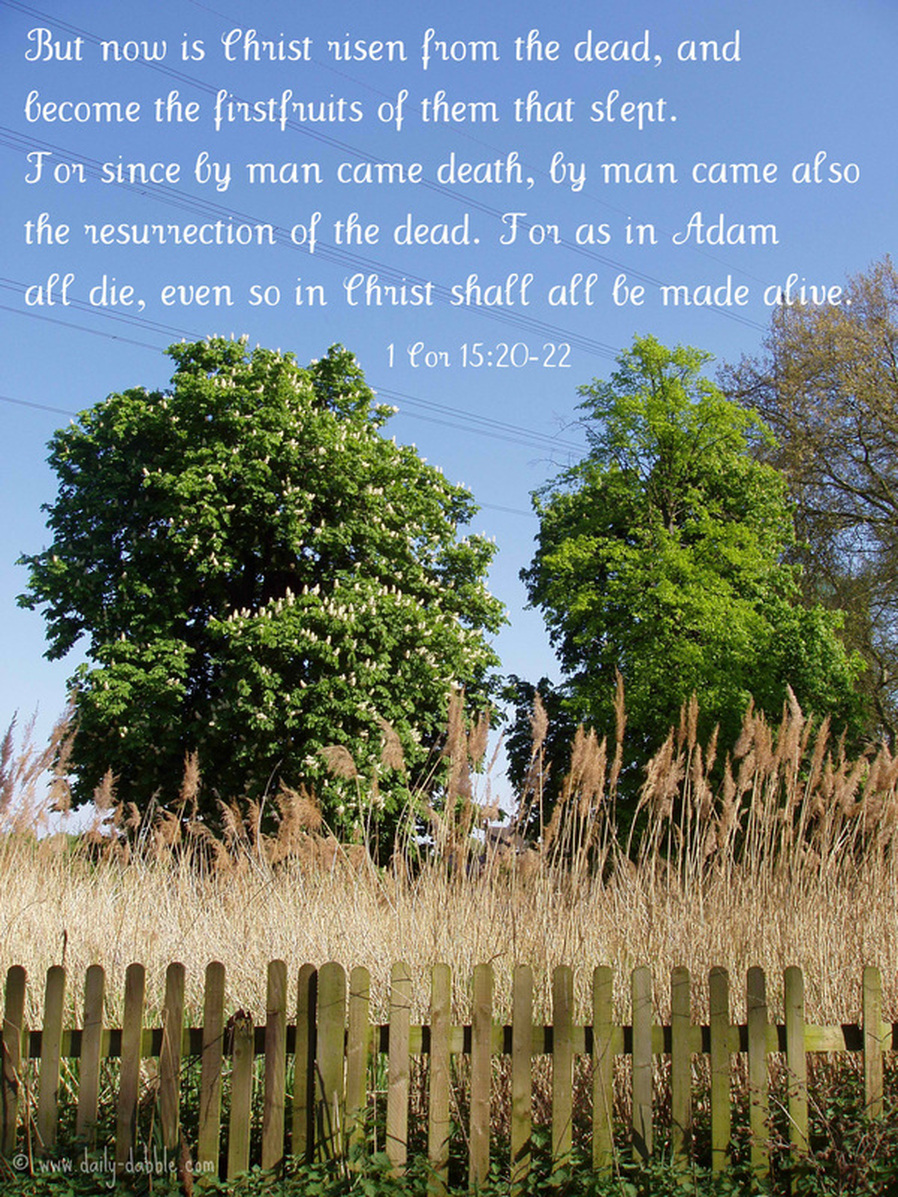Paul's First Letter to the Corinthians

Located between the Corinthian Gulf and the Saronic Gulf, the city of Corinth was a wealthy trading center. It was also a wicked city and was known for that throughout the Roman world. Because the church in Corinth was new, it was hard for Christians there not to act like their neighbors; consequently the church was having some problems. The Apostle Paul is acknowledged as the author both in the letter itself and by the early church fathers. This book was written about A.D. 55, toward the close of Paul's three-year residency in Ephesus.

The letter revolves around the theme of problems in Christian conduct. In spite of the concentration on problems, the book contains some of the most familiar and beloved chapters in the entire Bible - for example, chapter 13 (on love) and chapter 15 (on resurrection).

I. Introduction: Greetings and Thanksgiving (1:1-9)
II. Divisions in the Church (1:10-4:21)
III. Moral and Ethical Disorders (5:1-6:20)
IV. Instruction on Marriage (7:1-40)
V. Instruction on Questionable Practices (8:1-11:1)
VI. Instruction on Public Worship (11:2-14:40)
II. Divisions in the Church (1:10-4:21)
III. Moral and Ethical Disorders (5:1-6:20)
IV. Instruction on Marriage (7:1-40)
V. Instruction on Questionable Practices (8:1-11:1)
VI. Instruction on Public Worship (11:2-14:40)

Chapters 1-4, Paul received reports of problems in the church in Corinth and
therefore addresses their problems and disorders, “there are quarrels among
you” (1:11).

In chapters 5-11, Paul exposes all of the immorality that was occurring in the
church at Corinth. These include sexual immorality, issues of marriage, and lawsuits with other believers. “Do you not know that the unrighteous will
not inherit the kingdom of God? Do not be deceived; neither fornicators, nor
idolaters, nor adulterers, nor effeminate, nor homosexuals, nor thieves, nor the covetous, nor drunkards, nor revilers, nor swindlers, will inherit the kingdom of God” (6:9).
church at Corinth. These include sexual immorality, issues of marriage, and lawsuits with other believers. “Do you not know that the unrighteous will
not inherit the kingdom of God? Do not be deceived; neither fornicators, nor
idolaters, nor adulterers, nor effeminate, nor homosexuals, nor thieves, nor the covetous, nor drunkards, nor revilers, nor swindlers, will inherit the kingdom of God” (6:9).

In chapters 12-14, he clears up some of the confusion about practices of worship. He corrects difficult doctrines that had caused divisions. Some of these differences were the role of women in worship, the use of spiritual gifts, and observing the Lord’s Supper. “For God is not a God of confusion but of peace, as in all the churches of the saints” (14:33).

Chapters 15-16 consist of Paul deal with the topic of the Resurrection of Jesus
Christ. This is the topic that is, “of first importance” to Paul. It is here we find the most important information on planet Earth, the Gospel of Jesus Christ in verses 1-4. “Now I make known to you, brethren, the gospel which I preached to you, which also you received, in which also you stand, by which also you are saved, if you hold fast the word which I preached to you, unless you believed in vain. For I delivered to you as of first importance what I also received, that Christ died for our sins according to the Scriptures, and that He was buried, and that He was raised on the third day according to the
Scriptures” (15:1-4).
Christ. This is the topic that is, “of first importance” to Paul. It is here we find the most important information on planet Earth, the Gospel of Jesus Christ in verses 1-4. “Now I make known to you, brethren, the gospel which I preached to you, which also you received, in which also you stand, by which also you are saved, if you hold fast the word which I preached to you, unless you believed in vain. For I delivered to you as of first importance what I also received, that Christ died for our sins according to the Scriptures, and that He was buried, and that He was raised on the third day according to the
Scriptures” (15:1-4).
